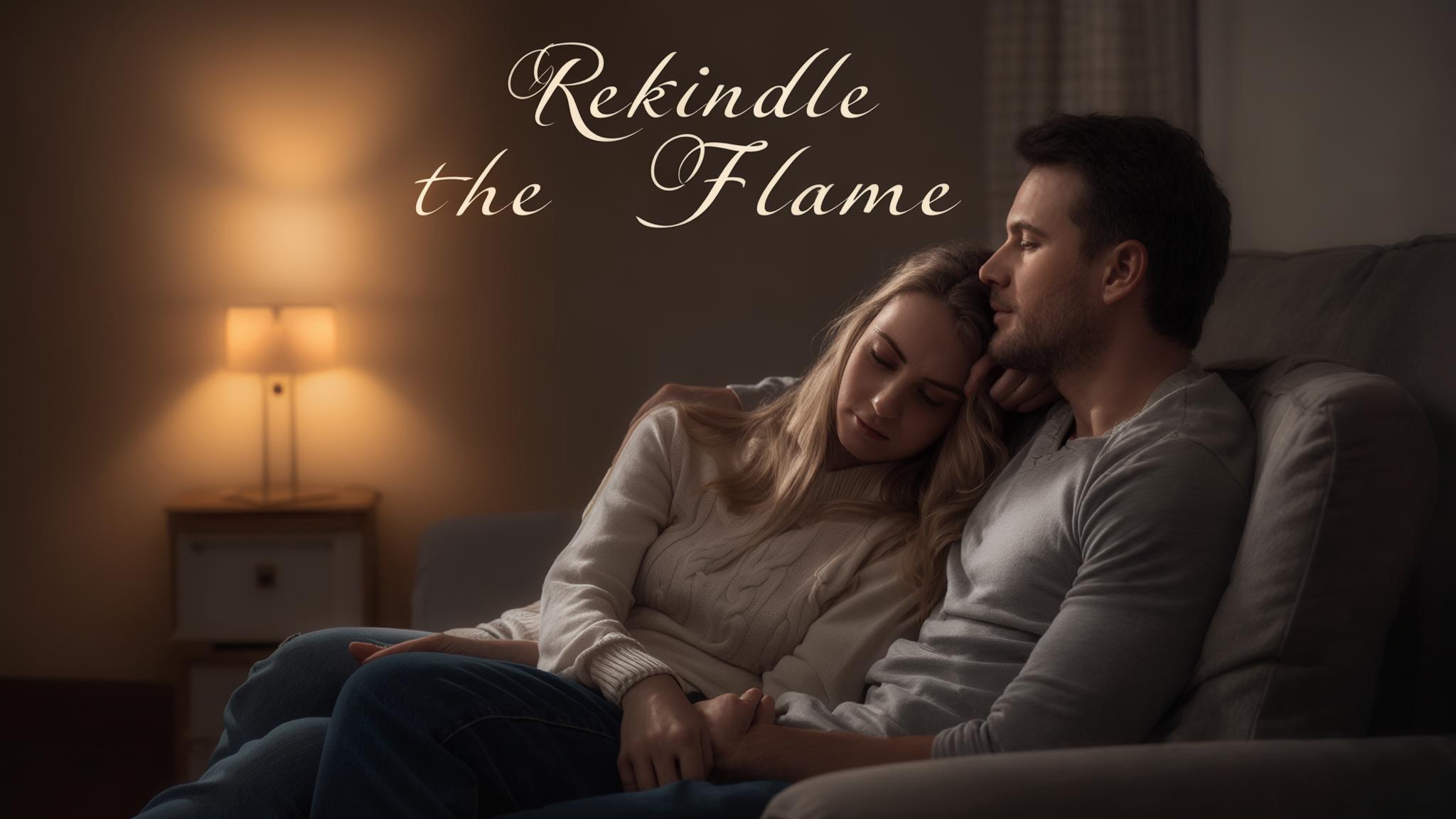I. Introduction
A. Hook
Imagine this: you used to look forward to weekends filled with adventure, laughter, and deep conversations with your partner. But now, those weekends have turned into sitting on the couch, watching the same series, and sharing the occasional "What's for dinner?" Life has settled into a routine, and what once felt exciting now feels mundane and predictable.
B. Importance of the Topic
Boredom in a relationship is more common than many might think. It sneaks in quietly, often unnoticed, but can lead to dissatisfaction, disengagement, and in some cases, breakups. Addressing boredom is crucial because it can impact emotional intimacy, spark conflict, and even pose a threat to long-term commitment between partners.
C. Purpose of the Article
This article aims to shed light on how couples counseling can be a powerful tool for partners feeling bored and disconnected. By addressing the root causes and learning strategies to combat monotony, couples can reignite their connection and find joy in their relationship once more.
II. Understanding Relationship Boredom
A. Definition of Relationship Boredom
Relationship boredom occurs when partners feel a lack of excitement, novelty, or engagement in their relationship. It is characterized by a sense of stagnation and can manifest in various ways, including reduced communication or physical intimacy.
B. Common Causes of Boredom
- Routine and Predictability: When everyday life becomes repetitive, excitement wanes.
- Lack of Communication: Misunderstandings and unexpressed feelings create distance.
- Unmet Emotional Needs: When partners fail to address each other's emotional requirements, feelings of disconnection arise.
- Life Stressors: External pressures, such as work, finances, or children, can contribute to dwindling emotional availability.
C. The Impact of Boredom on Relationships
- Emotional Distance: Partners may start feeling like roommates rather than lovers.
- Increased Conflict: Frustration can lead to more arguments over minor issues.
- Risk of Infidelity or Separation: Couples may seek affection and validation outside the relationship.
III. The Role of Couples Counseling
A. What is Couples Counseling?
Couples counseling is a therapeutic process designed to help partners address issues affecting their relationship. With a trained counselor, couples can explore their challenges, improve communication, and develop strategies to enhance their emotional connection.
B. How Counseling Addresses Boredom
In counseling, couples learn to identify the underlying issues contributing to their boredom, improve their communication skills, and engage in guided activities that facilitate emotional reconnection.
IV. Techniques Used in Couples Counseling to Combat Boredom
A. Communication Exercises
- Active Listening Techniques: Partners learn to listen and respond to each other more empathetically.
- Sharing Feelings and Desires Openly: Creating an environment where both can express their needs without judgment.
B. Reconnecting Activities
- Suggestions for Activities: Date nights, exploring new hobbies, or even cooking classes can inject freshness into a relationship.
- Importance of Spontaneity and Novelty: Trying new experiences together fosters excitement.
C. Goal Setting
Counselors help couples set mutual goals that encourage relationship growth and build anticipation.
D. Exploration of Individual Needs
Assessing individual needs allows partners to understand how their own emotional requirements impact their relationship dynamic.
V. Real-Life Case Studies
A. Success Stories
Consider the couple who came to counseling feeling nearly disconnected. Through addressing their boredom, they learned new communication techniques and began engaging in shared activities that rekindled their love, transforming their relationship.
B. Challenges Faced
Couples may navigate challenges, such as old patterns of behavior or resistance to change. A skilled counselor can help mitigate these hurdles and guide couples toward constructive dialogue.
VI. Tips for Couples Outside of Counseling
A. Self-Reflection
Couples should take time to reflect on their feelings about the relationship and identify areas they would like to improve.
B. Open Communication
Initiating conversations about boredom and individual needs is vital. Encourage an environment of openness and understanding.
C. Engaging in New Experiences Together
Explore activities that excite both partners—be it hiking, dance classes, or exploring new cuisines.
D. Regular Check-ins
Setting aside time for emotional check-ins can help strengthen the connection and address concerns before they lead to larger issues.
VII. Conclusion
A. Recap of Key Points
Boredom is a prevalent issue that can damage relationships, but recognizing it and addressing it through counseling can revitalize love and intimacy between partners.
B. Call to Action
If you find yourself feeling bored and disconnected from your partner, consider seeking professional counseling. It can provide the tools you need to reconnect meaningfully.
C. Final Thoughts
Understanding that boredom in a relationship is common can relieve some pressure. With effort, communication, and support, couples can overcome monotony together.
VIII. Additional Resources
A. Recommended Books and Articles
- "The 5 Love Languages" by Gary Chapman
- "Hold Me Tight: Seven Conversations for a Lifetime of Love" by Dr. Sue Johnson
B. Professional Help
For those seeking a qualified couples counselor, platforms like Psychology Today offer directories to help find the right match.

